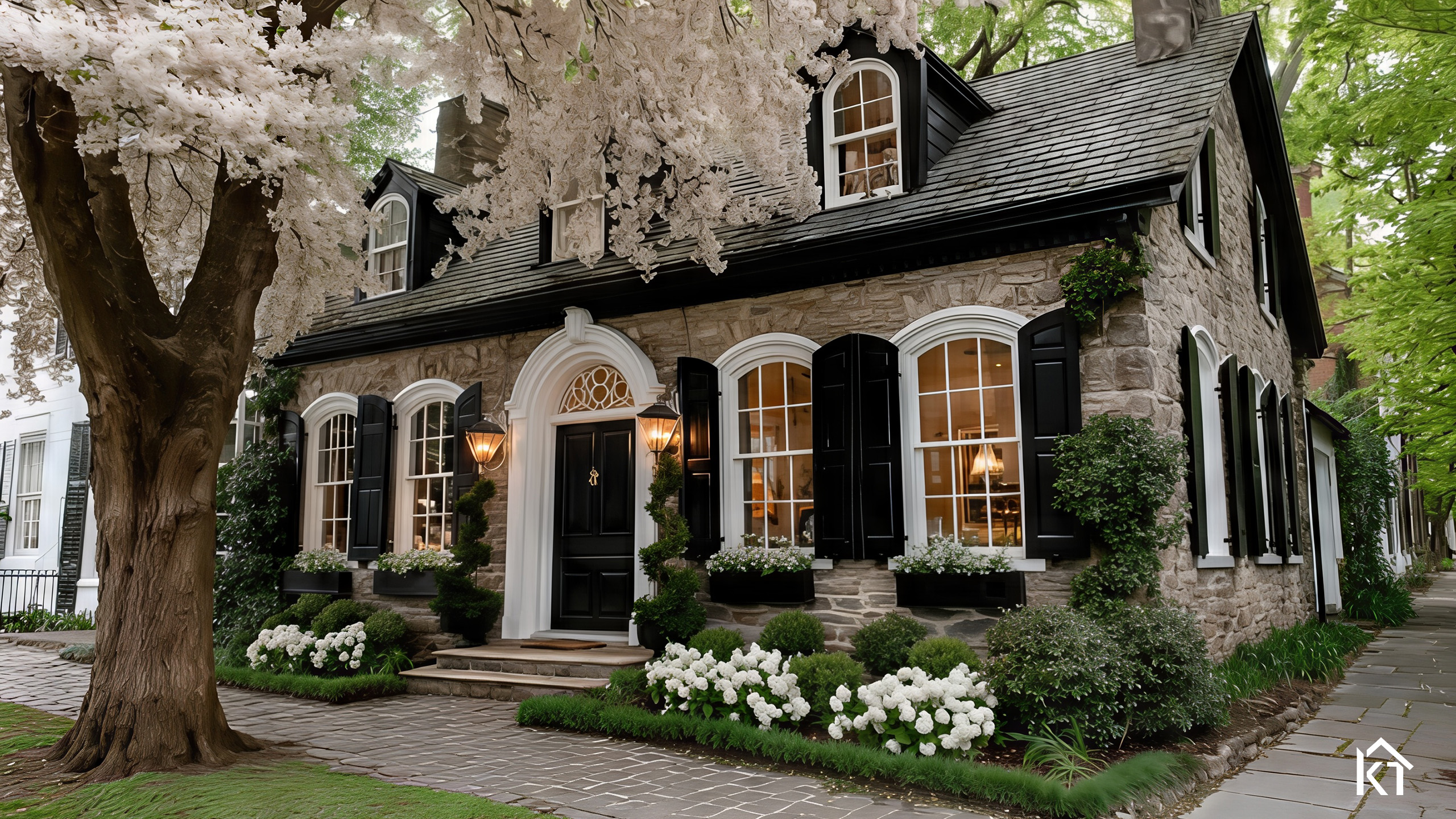6 Smart Price Tips to Sell Your Home
Setting the right price for your home is one of the most critical decisions you’ll make during the selling process. Price too high, and you risk sitting on the market too long without serious offers. Price too low, and you could leave money on the table. The goal is to strike the perfect balance—attracting buyers while maximizing your profit. Here’s how to do it right.
1. Understand Your Local Market
Every real estate market is unique, and what worked for your neighbor last year may not apply today. Start by understanding whether you’re in a buyer’s market (more homes than buyers), a seller’s market (more buyers than homes), or a balanced market. In a seller’s market, you may be able to push your price higher. In a buyer’s market, competitive pricing is essential to get noticed.
Your real estate agent can help you analyze current trends, including average days on the market, recent sale prices, and seasonal factors. Even differences within neighborhoods—like proximity to schools, parks, or shopping—can affect your home’s value
2. Use a Comparative Market Analysis (CMA)
One of the most effective tools to price your home accurately is a Comparative Market Analysis, or CMA. This report is typically prepared by a real estate agent and compares your home to similar properties that have recently sold in your area. The key is to look at homes with similar:
- Square footage
- Number of bedrooms and bathrooms
- Lot size
- Age and condition
- Location
The CMA will include homes currently for sale, homes that are pending, and those that recently sold. This data helps determine a realistic price range based on actual market activity—not just asking prices.
3. Factor in Upgrades and Condition
While you may love the upgrades you’ve made—new countertops, a finished basement, or landscaping—not all improvements return a dollar-for-dollar increase in value. Some updates may make your home more appealing, helping it sell faster, while others (like a brand-new HVAC system) may add more value in certain markets than others.
Also, consider the overall condition of your home. Buyers notice well-maintained properties and may be willing to pay more if the home appears move-in ready. If repairs are needed, those will likely reduce the price a buyer is willing to offer.
Kentucky Tom Pro Tip: HVAC is a common term used within the heating and cooling industry. It means: Heating, Ventilation, and Air Conditioning.
4. Avoid Emotional Pricing
Many sellers overprice their homes because of emotional attachment. You’ve likely created memories in this space, but buyers won’t see your home the way you do—they view it as a product. Try to approach the pricing process objectively, based on market data and professional advice.
Remember: pricing high in hopes of “testing the market” can backfire. If your home sits unsold for too long, it can develop a “stale” reputation, making buyers wonder what’s wrong with it.
5. Price Strategically
Even a few thousand dollars can make a big difference. Pricing your home at $299,000 instead of $305,000 could reach more buyers who have set $300,000 as their maximum budget. In online searches, round-number price brackets are common, and you want to show up in as many as possible.
You can also use psychological pricing strategies. A home priced at $399,000 might appear significantly more affordable than one at $405,000, even though the difference is minor.
6. Monitor and Adjust
Once your home is listed, pay attention to the market’s response. Are you getting showings? Any offers? Online views without showings could indicate your price is too high. A lack of activity in the first few weeks is often a sign that a price adjustment is necessary.
The key is to stay flexible. A slight reduction early in the process is far better than months of sitting on the market and making a large cut later.


For Your Consideration
Setting the right price is a blend of art and science. With the right strategy, informed by data and guided by an experienced real estate agent, you’ll position your home to sell quickly and for top dollar. It’s not about guessing—it’s about knowing what your home is worth in today’s market and pricing it to sell confidently.
For More Home Buying and Selling insights, join my Free newsletter by clicking HERE.


You must be logged in to post a comment.